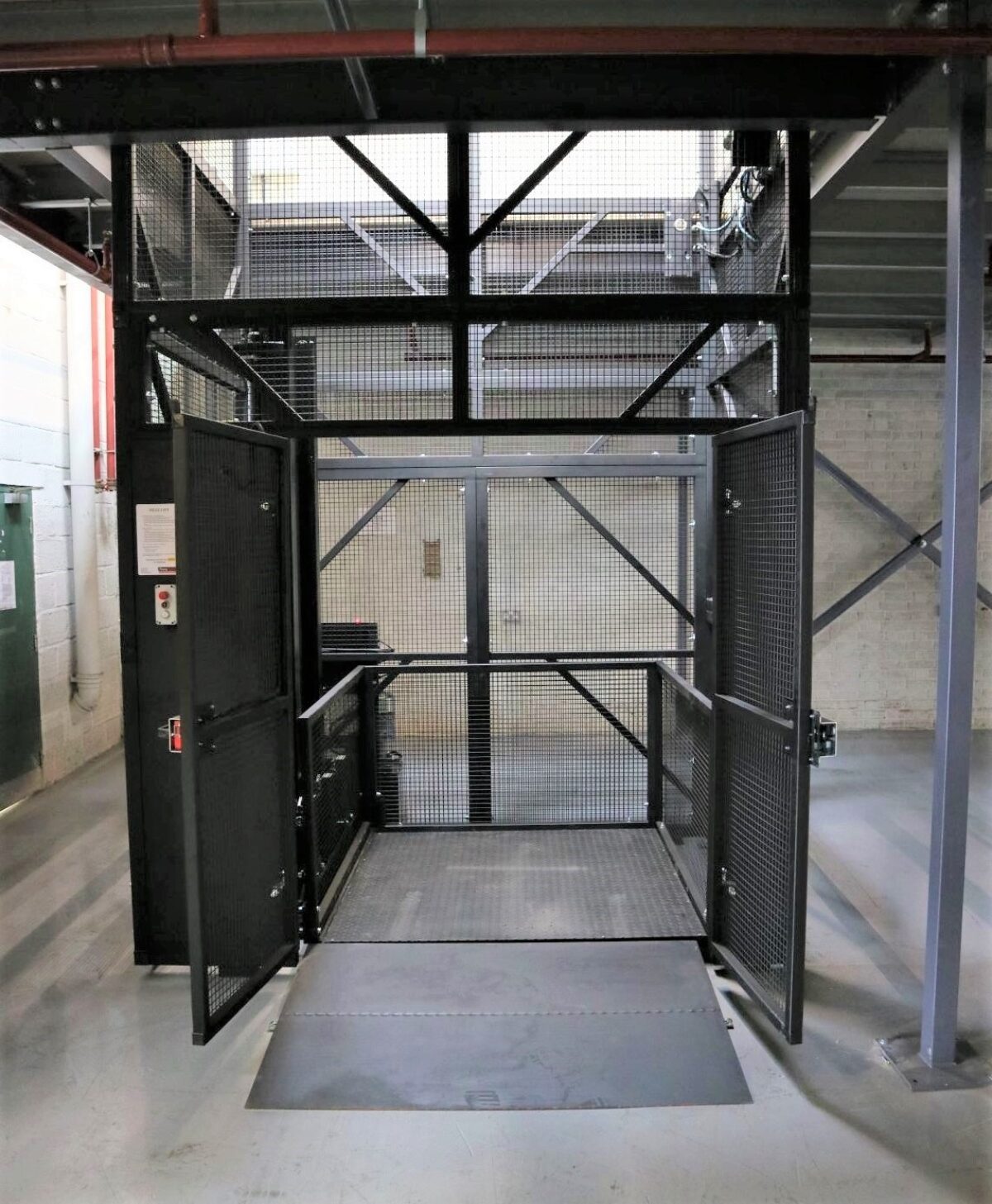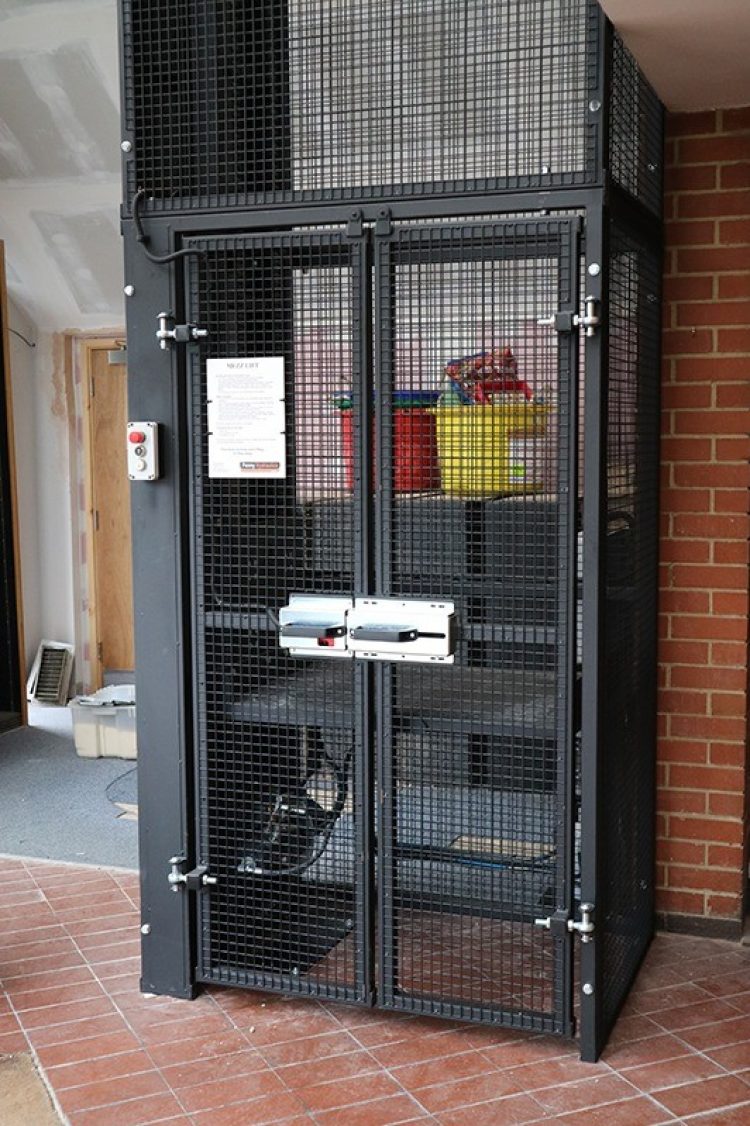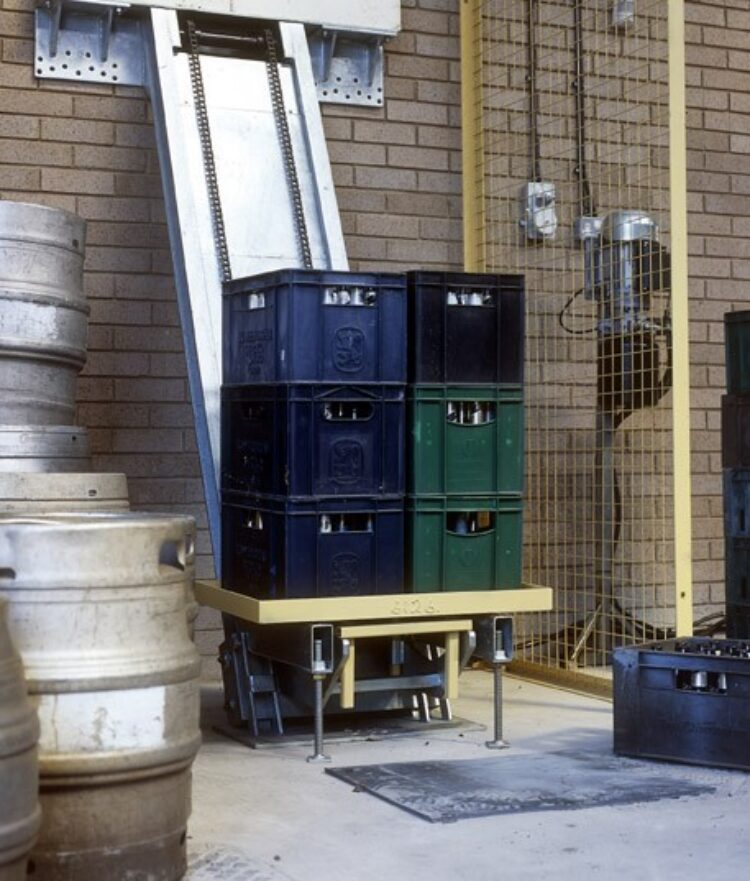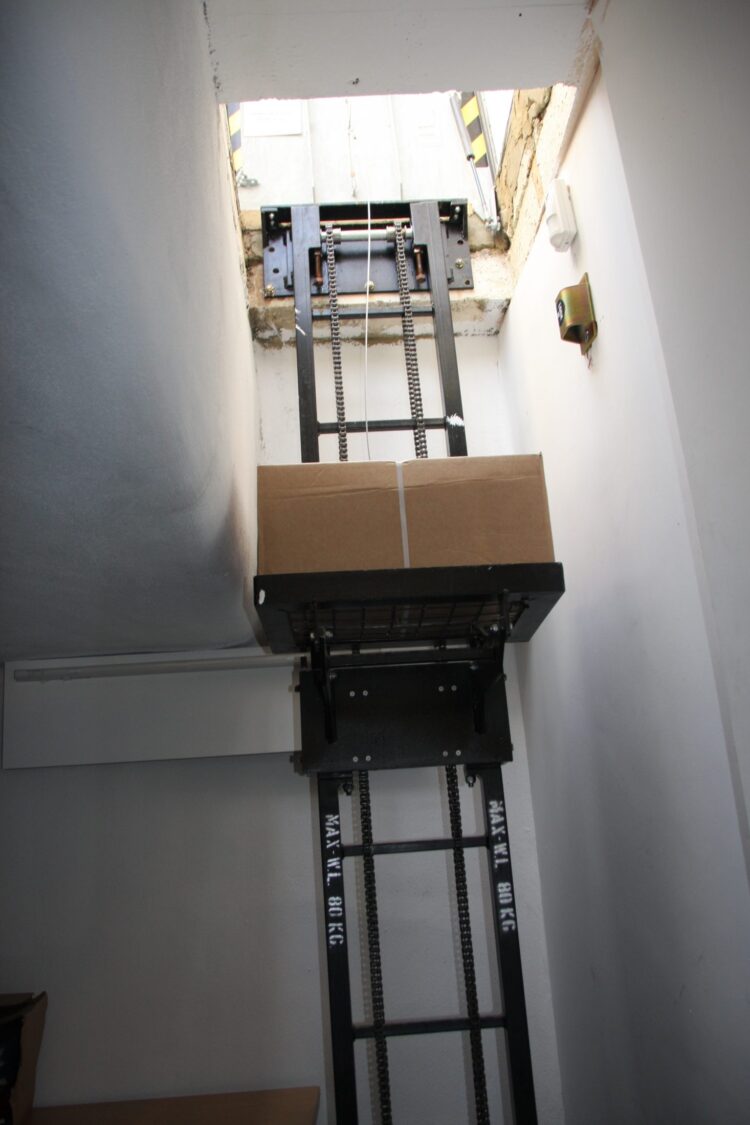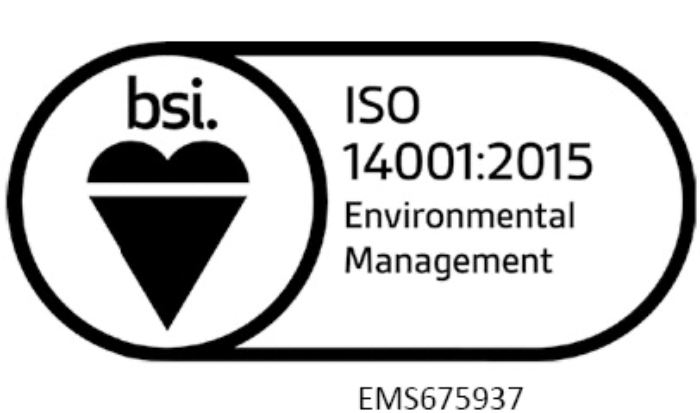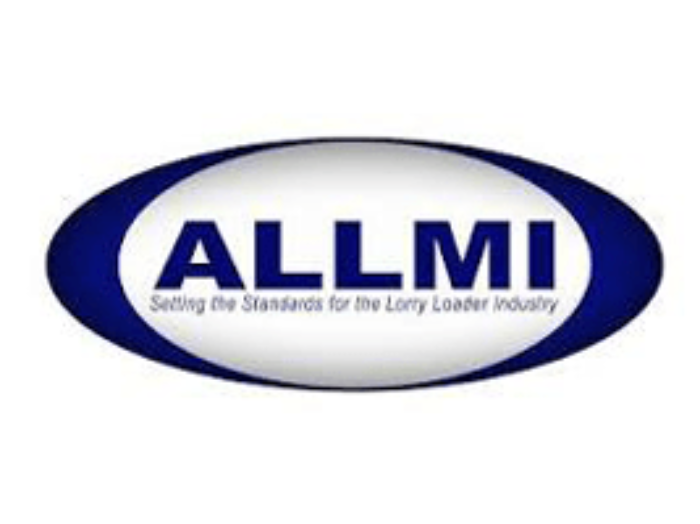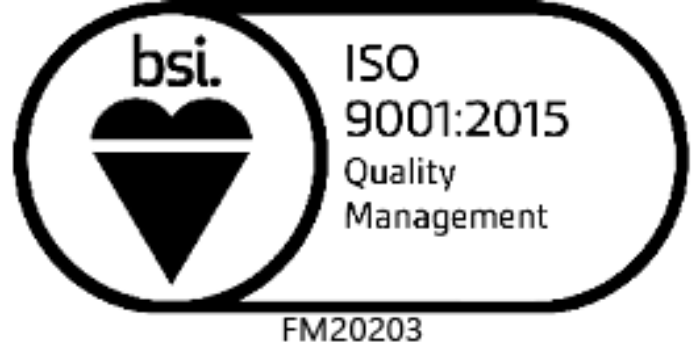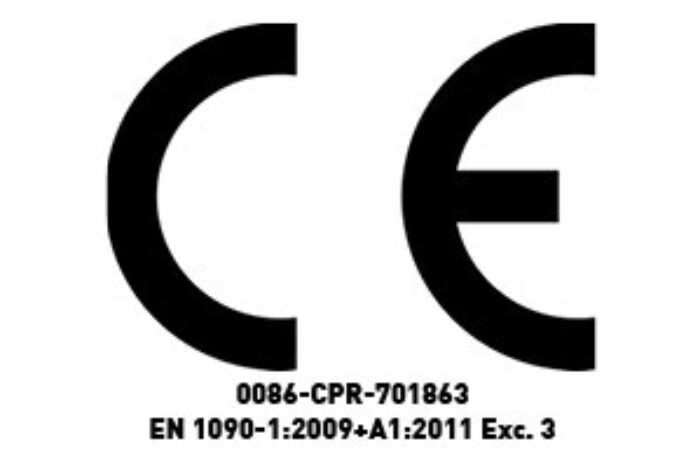What’s the maximum weight a small goods lift will lift?
Thanks to advanced materials and design, it’s surprising how much weight a small goods lift can carry. Typically, small goods lifts will have working capacities somewhere between 100kg and 1000kg, but the maximum working capacity of a lift can be tailored to suit the application…you don’t need a 1000kg capacity lift for small crates of food when handling deliveries in and out of a restaurant. Similarly, a 100kg capacity goods lift would not be much good for lifting sofas up onto a mezzanine floor in a furniture warehouse constantly throughout the day, or lifting heavy car engines in a car garage or workshop.
For each type of lift, be it a CellarLift for lifting beer barrels in and out of cellars in pubs, or a case hoist for accepting food deliveries in a restaurant, there are standard “off-the-shelf” options with pre-specified working capacities. Just browse the goods lift section of our website for further information. If you are after something different, just give us a call. With full design and manufacturing capabilities in-house, we can quickly and easily tailor our standard small goods lift designs to suit the goods you need to lift and the building that the lift will operate in.
Do small goods lifts require any structural changes to the building?
The beauty of Penny Hydraulics small goods lift range, is that the designs require no structural changes to the building, which can be costly, disruptive and can affect the value of the property. Our engineers work within the constraints of your building and fit the lift to your site, not the other way around, as you will find with many other suppliers. It’s no good a lift being £3,000 if you have to do £8,000 worth of changes to the building to accommodate it. Thanks to in-house design capabilities, we can install lifts in tight spaces that you wouldn’t even think possible!
One of our fastest growing products, the Lightwell Lift, is designed to sit perfectly in lightwells. Particularly in London, many old buildings simply weren’t designed with access in mind and don’t have the space for a goods lifts…until now. The Lightwell Lift sits discreetly in the lightwell and is perfect for handling kerbside deliveries, transporting food, drinks and other supplies from the pavement down to a cellar, or stock room.
Our CellarLift and Case Hoist products are designed for installation in existing vertical or sloping cellar drops, to mechanically transport beer barrels and handle food deliveries. Again, the lifts are designed to fit your cellar drop, meaning no structural changes to the cellar or premises are needed. It’s not surprising then that the majority of JD Wetherspoon, Fullers and Mitchell & Butler pubs, have Penny Hydraulics small goods lifts installed.
How much does a small goods lift cost?
Small goods lifts typically range from around £8,000 for a basic case-hoist (for handling food and drink deliveries), up to £26,000 for an all-singing, all-dancing mezzanine floor goods lift with 1000kg working capacity, working between 3 or 4 mezzanine floors, with a whole host of additional features.
We pride ourselves on being very transparent when it comes to costs, so we won’t charge you extra for additional site measures, we will always include installation and we will never add items onto the bill that should have been specified at quote stage.
What’s the typical lead time on a small goods lift?
There are a large number of small goods lift suppliers when you carry out an internet search and the amount of choice can be bewildering. Our advice…choose a company that actually manufacture the lift here in the UK. One of the main reasons for this is that UK manufacture allows short lead times and reduces the likelihood of unscheduled delays as manufacturers are in control of their own production.
We know how important it is that we stick to your project timeline, as a small goods lift installation is typically just one part of a larger refurbishment or development project and delays can have a catastrophic snowball effect, creating further costly delays to the project and potentially putting back the opening date of the building. That said, choose a manufacturer, opposed to a supplier for the best chance of hitting those all-important project milestones.
Small goods lift lead times vary greatly supplier to supplier. As the leading manufacturer of small goods lifts in the UK, Penny Hydraulics are able to offer a highly competitive lead time of just 4-6 weeks on their entire goods lift range.
How long does a small goods lift take to install?
Installation of small goods lifts typically takes between 1 and 3 days. The installation time is dependent on factors such as the size and complexity of the lift and ease of access to the lift installation area.
The installation time will be discussed and agreed at quote stage. Installation teams will typically be made up of 2 to 4 installers and all installation staff are Penny Hydraulics employees. We do not use sub-contractors.
We will supply all the relevant health and safety information required for site work, such as method statements and risk assessments (typically referred to as RAMS) and ensure that this is approved prior to installation.
All goods lift installation engineers are CSCS accredited and have extensive training in their field, meaning they are adequately qualified to carry out site work.
I need a cheap small goods lift…and I mean CHEAP!
Looking to get the price as low as possible? We offer a 2.5% discount for full, up-front payment, so if you’ve got the cash, why not make a saving.
Who are the manufacturers of small goods lifts in the UK?
Despite the large volume of small goods lifts on the market, there are actually very few small goods lift manufacturers in the UK, in fact, if you have a UK-made lift in your building, then it’s fairly likely that it was made at Penny Hydraulics.
The majority of our customers come to us direct, including; Boden, Hypos Beds and Jaguar Land Rover, but we are also partnered with some of the best mezzanine floor companies and warehouse fit-out companies in the UK, where we supply a small goods lift to them as part of a larger project, thus offering a turn-key solution to the customer.
A recent project with warehouse fit-out experts Avanta UK, was a great example of this. Avanta were contracted to carry out a complete warehouse fit-out for order fulfilment company Hallmark, which included the installation of mezzanine floors to increase space for storage of stock within the facility. Avanta partnered with Penny Hydraulics to supply the small goods lift to transport goods between ground floor and the mezzanine floors. Penny Hydraulics MezzLift, mezzanine floor lift was specified. This is one of many examples of Penny Hydraulics working with other industry specialists to complete a larger project.
What legislation do I need to be aware of surrounding small goods lifts?
In the UK, lifting equipment falls under the Lifting Operations and Lifting Equipment Regulations (LOLER), which are in place to ensure that all lifting equipment is used in a safe manner. Any business or organisation whose employees operate lifting equipment on the job are required to comply to these regulations, which come under the Health and Safety at Work Act.
In practice, LOLER regulations require all lifting operations to be properly planned and supervised by a ‘competent person’. LOLER also requires that all lifting equipment must undergo regular examinations by a qualified technician to ensure that it is fit for purpose
What maintenance is required for small goods lifts?
LOLER applies every time a small goods lift is used in business premises, whether you are the owner of that equipment or not. To comply with LOLER, the goods lift must have passed a thorough examination by a competent person in the last 12 months, and it must be marked with its Safe Working Load (SWL), as well as any characteristic that might affect its safe use.
Lifting equipment that is not designed to lift people but could conceivably be used to do so in error must be clearly marked to indicate it should not be used for this purpose.
Each lifting operation — which LOLER defines as “an operation concerned with the lifting or lowering of a load” — must be performed on equipment which has passed a thorough examination in the past 12 months and also be planned and supervised by a competent person.
Penny Hydraulics nationwide network of engineers deliver excellent local service and maintenance, repairs and refurbishment services to keep your goods and business moving. Planned maintenance programmes including scheduled annual Statutory Testing give business owners peace of mind that they are complying with current UK legislation.
A next working day, unlimited emergency breakdown service, ensures equipment is up and running in no time. Engineers carry a full stock of OEM replacement parts so that in almost all cases they can fix any issues on their first visit.
Can I get a small goods lift without upfront payment?
As small goods lifts are manufactured to fit a specific building or site, there are parts of the lift that are not “standard” and therefore could not be re-used in the event of a cancelled order. It is therefore essential for a deposit payment to be made at the point of order.
Penny Hydraulics do offer credit accounts to certain customers. For customers wishing to apply for credit, it is necessary to complete a credit application form and have this accepted by our finance team. Just ask your sales contact for more information, or for a copy of our credit application form.
Once completed, the credit application form is processed by our accounts department. We carry out a credit check, as well as check the references you have given as part of the process. The credit check uses the world’s leading financial credit checking service, Experian. Our financial team will contact you and let you know once the application has been processed and whether or not we are able to offer credit for your order.
Do you still have a question about small goods lifts? Give us a call today on 01246 811475 and we will be happy to help!
